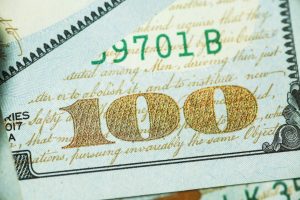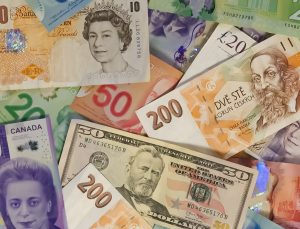Forex trading is a popular investment option for people in the United States. However, it’s important to understand that forex trading is subject to taxes, just like any other investment. In this article, we’ll take a closer look at how to pay taxes on forex trading in the USA.
Firstly, it’s important to note that forex trading is taxed as capital gains or losses. This means that the tax rate you pay on forex trading profits or losses will depend on how long you held the investment. If you held the investment for less than a year, it will be taxed as short-term capital gains. If you held the investment for more than a year, it will be taxed as long-term capital gains. The tax rate for short-term capital gains is the same as your ordinary income tax rate, while the tax rate for long-term capital gains is generally lower.
Next, it’s important to keep track of all your forex trading activity throughout the year. This includes any profits or losses you make, as well as any fees or commissions you pay to your forex broker. You’ll need to report all of this information on your tax return.
If you’re a casual forex trader, you may be able to report your forex trading activity on Schedule D of your tax return. This form is used to report capital gains and losses from investments. However, if you’re a professional forex trader, you may need to report your activity on Schedule C, which is used to report business income and expenses.
To report your forex trading activity on Schedule D, you’ll need to complete Form 8949. This form is used to report the details of each individual trade, including the date of purchase, the date of sale, the cost basis, the sale price, and the resulting gain or loss. You’ll then enter the total gains and losses from all your trades on Schedule D.
If you’re a professional forex trader, you’ll need to report your activity on Schedule C. This will involve keeping track of all your income and expenses related to forex trading throughout the year. You’ll need to report your gross income, as well as any deductions you’re eligible for, such as home office expenses, computer equipment, and internet fees.
If you’re unsure about how to report your forex trading activity on your tax return, it’s important to seek the advice of a qualified tax professional. They can help you understand the tax implications of your forex trading activity, and ensure that you’re reporting everything correctly.
In addition to paying taxes on your forex trading profits or losses, you may also be subject to other taxes, such as the self-employment tax. This tax is used to fund Social Security and Medicare, and is generally paid by self-employed individuals. If you’re a professional forex trader, you may need to pay the self-employment tax in addition to your income tax.
In conclusion, paying taxes on forex trading in the USA can be a complex process. It’s important to keep track of all your trading activity throughout the year, and to report everything correctly on your tax return. If you’re unsure about how to report your forex trading activity, it’s best to seek the advice of a qualified tax professional. By following these steps, you can ensure that you’re meeting your tax obligations and avoiding any penalties or fines.





